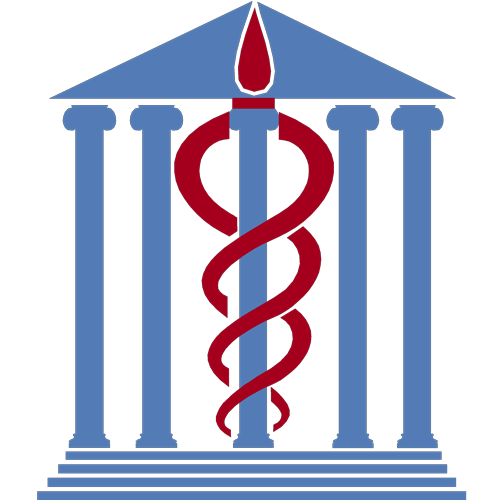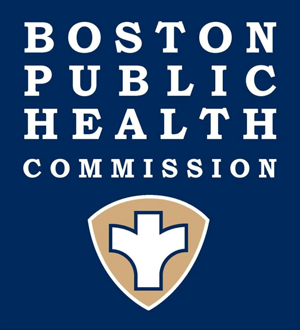Public Resources
Public Resources
Exercise & Training
[edit]
This section contains templates and guidance for developing exercises, as well as online trainings and webinars to share with staff.
- Bioterrorist Attack on Food
Northwest Center for Public Health Practice
This tabletop exercise presents a bioterrorism scenario in the form of an infectious disease outbreak. The incident affects four fictional counties, varying in population size and resources and their respective health departments and local emergency responders. Free log in required.
- Exercise Design Templates
National Ebola Training and Education Center (NETEC)
These templates contain exercise content and material based on the HSEEP model and related to assessing, treating and managing Ebola virus disease and other special pathogen patients for Frontline Facilities, Assessment Hospitals, State-Designated Ebola Treatment Centers, Regional Ebola and Special Pathogen Treatment Centers & Regional Partners, and Health Care Coalitions.
- Managing Responses to Emerging Infectious Diseases: Past, Present, Future
DelValle Institute for Emergency PreparednessThis training series, delivered in 2016, focused on planning for and responding to emerging and re-emerging infectious disease threats, with the overarching goal of raising awareness of roles across healthcare disciplines. The series was delivered from July through September, 2016 and consisted of three webinars, followed by the in-person Live Session.
The following training excerpts provide useful foundational concepts and historical background on emerging and reemerging diseases:
o Webinar 1: Core Concepts. This webinar introduces common challenges and reviews foundational concepts of emerging infectious disease response.
o Webinar 2: Learning from the Past. This webinar examines best practices and weaknesses uncovered from EID response efforts in recent decades, such as the SARS outbreak in 2003, the 2009 H1N1 pandemic, and Ebola, among others.
o Webinar 3: Examining the Present. In September 2014, the first Ebola patient in the US was diagnosed in Dallas. From the day of that diagnosis, and for weeks afterward, public health, healthcare, and EMS agencies in Dallas County were working in a context very different from the day-to-day routine. This webinar offers a look behind the scenes of the multi-agency response, including how lessons observed in 2014 are informing planning and response actions today.
o Full training Series Page includes videos and a final report from three live sessions.
To view the entire video collection on Vimeo, please click here.
- EMS Response to High-Risk Patients EMS
DelValle Institute for Emergency Preparedness
This course was developed in 2015 in partnership with MDPH. The instructor and participant materials are now available for organizations to use for their own training purposes. This course delivers the latest recommendations from the Centers for Disease Control for EMS personnel responding to high risk (Category A) infectious agents. The purpose of this course is to lessen the chances of an unprotected exposure to EMS personnel. Topics covered include: the recognition of infectious patients, proper use of personal protective equipment (PPE), and extrication and transport techniques.
- Highly Infectious and Emerging Disease Protection: The Basics
DelValle Institute for Emergency Preparedness
This training provides instruction on recognition of and protection from highly infectious and newly emerging threats in the workplace. The online, learn-as-you-go format delivers awareness level training to non-clinical workers in healthcare, as well as public health and law enforcement staff.
- Barrier Precautions and Controls for Highly Infectious Disease
FEMA Center for Domestic Preparedness
This course includes a series of patient management and treatment exercises in a realistic healthcare setting to include presentation at an emergency room and treatment in a hospital isolation ward using best practice barrier precautions and infection-control procedures.
- Infection Control Training and Education Resources
CDC
These training and education resources are designed to help healthcare providers learn and understand principles of infection control and risk assessments to guide appropriate infection prevention practices. Includes Safe Healthcare Webinar Series, CME/CE activities, interactive trainings for healthcare professionals, and an interactive graphic novel.
- Identify, Isolate, Inform: Best practices for the assessment, management, and placement of patients under investigation (PUI) for exposure to Ebola and Other Special Pathogens of Concern.
NETEC
This course is intended primarily for healthcare workers and teams in a biocontainment unit environment, although others may find the course to be of benefit. The course provides learners with knowledge, skills and resources to use when identifying and isolating a PUI and informing other colleagues of the situation when a PUI presents for care, and provide learners with experience in applying skills to simulated patient care scenarios.
- Special Pathogens of Concern
NETEC
This course is intended primarily for healthcare workers and teams in a biocontainment unit or high-level isolation environment. Additional medical staff and public health professionals may also find the course to be of benefit. It is critical that healthcare personnel have knowledge of Ebola and other special pathogens of concern and their implications for healthcare delivery in a biocontainment unit (BCU). In this course, learners will be able to describe pathogen-related factors that may warrant treatment in a biocontainment unit and they will be able to distinguish between concepts of infectious, communicable, and hazardous as they relate to Ebola and other special pathogens of concern. Learners will also be able to describe the clinical presentation of selected special pathogens from the two broad categories: viral hemorrhagic fevers and the highly pathogenic respiratory viruses.
- Bioterrorism Preparedness: Principles of Emerging Infectious Diseases
Tulane University School of Public Health and Tropical Medicine
This course will introduce participants to basic concepts and terminology of infectious diseases. Topics include: transmission dynamics of emerging and re-emerging infectious diseases; various factors that contribute to the emergence and re-emergence of key infectious diseases; steps and decision points in managing an outbreak; specific intervention and prevention strategies, including those relating to the protection of public health workers; and the role of state health departments vis-a-vis emerging infectious diseases. Free log in required.
« Previous |Topic Home | Next »

